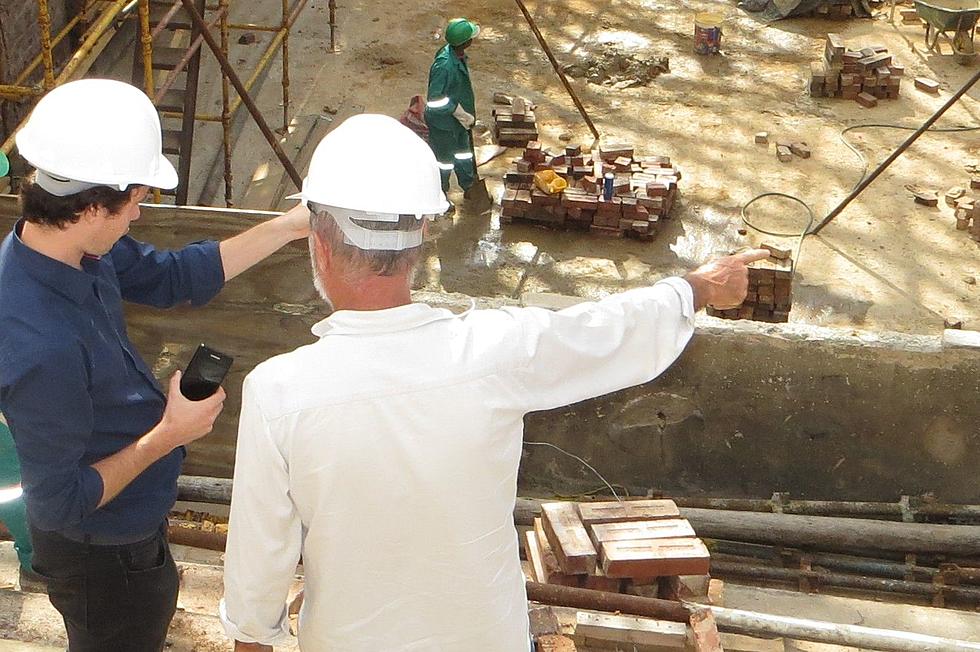
High-Speed Rail Up to Bangor One Ambitious Goal of Many From Newly Formed Maine Union Group
The newly created Maine Union Climate Council has proposed many ambitious goals to help Maine transition to a more climate-friendly place to live while helping solve economic inequality issues that exist in our state.
Maine Labor Union Climate Council
The newly-created council was created to address and help resolve both climate and income inequality issues and has been working with universities to come up with a plan to meet new standards for both of these intersecting issues.
In 2018, the council reports that Maine emitted 15.3 of CO2 from fossil fuels. Maine has created laws to reduce emissions by 80% by 2050. There's lots of work to do before then. One of the proposed ideas is to increase high-speed rail access by running service up to Bangor.
Create high-speed rail that comes up to Bangor
One recommendation by the group was to extend high-speed rail service up to Bangor. This rail service would extend from the current rail service that ends in Brunswick.
The report explains the rail line would start in Richmond, Virginia, and be brought all the up to the Queen City, 'utilizing prevailing wage and project labor or community workforce agreements on the construction work and labor peace and neutrality agreements on the permanent operations, maintenance, and manufacturing work.'
The benefits of this project would include reducing carbon emissions utilizing an expanded public transportation system while also creating union jobs that would build and maintain the rail line. These benefits would affect the Eastern seaboard's climate initiatives, provide a high-speed alternative that could compete with passenger planes and vehicle transportation as well as benefit the Maine labor force with a multitude of new, short-term, and long-term, good-paying jobs for the Bangor region and beyond.

11 Goals Maine Labor Unions Have to Combat Climate Change
The high-speed rail service extended up to Bangor is one of 11 goals set forth by the council. The categories covered in the goals run from transportation to public buildings, residential and commercial buildings, energy goals, labor, and the transition of meeting these goals.
Here's an outline of what was specified in the nearly 60-page proposal:
Transportation
- Creating 25,000 public charging stations for electric vehicles by 2030
- Maine's school busses to be zero-emission and electric with 50% by 2025 and 100% by 2030
- Public busses to be electric and for the states fleet to be doubled in number by 2030
- Create high-speed rail that comes up to Bangor
Carbon-free healthy schools
- focusing on adding solar on all public schools by 2035
Buildings
- Net-zero emissions for new construction by 2030
- Have 50% of current homes retrofitted by 2040
- Creating 19,000 affordable units by 2040
Energy
- provide 100% renewable electricity by 2035
Just transition
- Plan and fund these goals
Labor
- Ensure high-quality, union jobs in Maine
While the council continues bringing in labor groups across the state after officially launching just days ago, we can see that their ambitious plan can benefit the economics and environment in Bangor, across the State of Maine, for North American and beyond. See the full report at the Maine Labor Climate Council website.
25 Occupations with the Fastest Projected Rate of Job Loss In Maine
25 High-Demand, High Wage Maine Jobs You Don't Need To Go To College For
LOOK: The most expensive weather and climate disasters in recent decades
More From WBZN Old Town Maine









